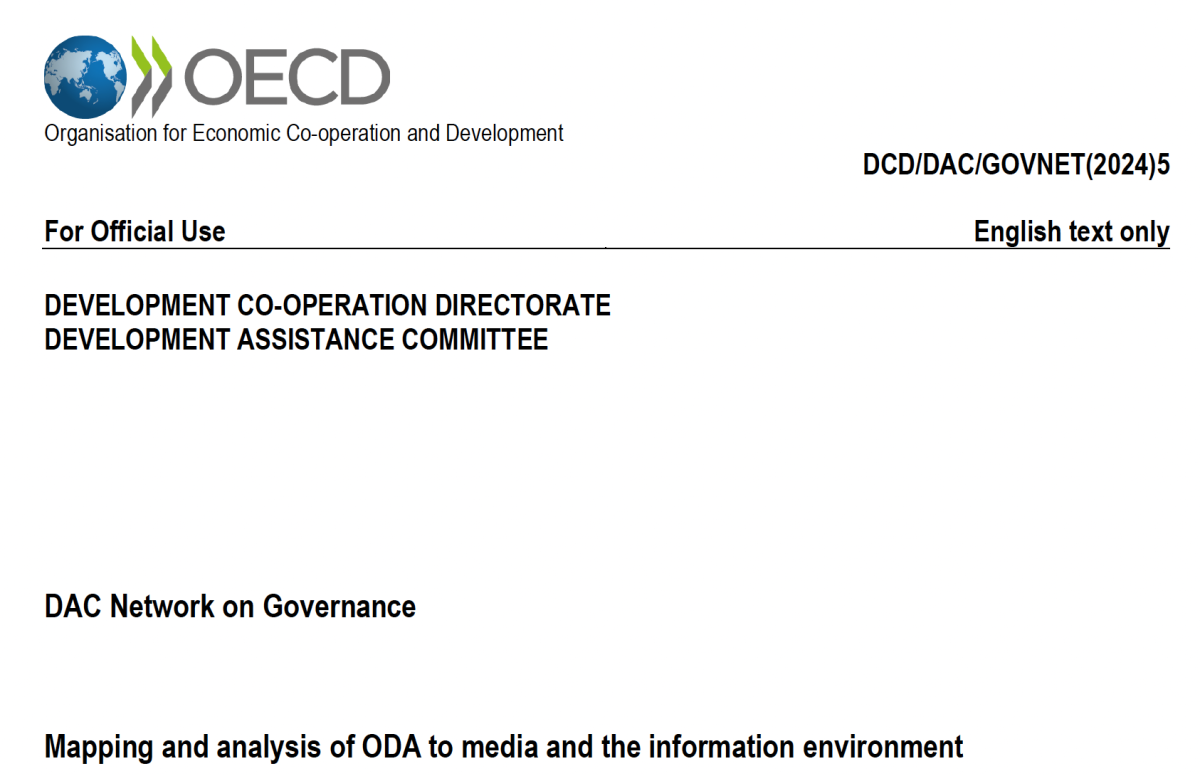
Political Economy of Africa's Power Sector - Policy Brief 10
A reliable and financially sustainable electricity supply is a pre-requisite for successful development, in Africa, as elsewhere. Yet, despite decades of donor support and investment, Africa’s power sector has persistently failed to deliver – households and businesses are poorly served, the budgets of key players in the supply chain are strained to breaking point, and the burden of underwriting the sector’s losses poses a persistent threat to public sector finances.
So why the failure? Meeting demand for electricity is a complex technical and organisational challenge, requiring a degree of expertise and capacity that is not always available in poorer parts of the world. However, these inherent difficulties are compounded by political and economic incentives that often steer African countries away from the long-term investments and policy reforms that the sector needs. Amongst donors, there is now a growing recognition that solutions to Africa’s power sector problems can only be pursued in the context of a better understanding of the underlying political economy.
This policy brief examines what we mean by political economy, how it influences performance in the African power sector, and what guidance political economy analysis can give in the design of interventions aimed at improving that performance.
Political economy analysis for climate action - new course launched starting October 2024
The Policy Practice is delighted to be re-running the popular online course on Political Economy Analysis for Climate Action. This course explains how political economy analysis can be used to understand the challenge of action on climate change and to design more effective interventions. The course will consist of eight, 2-hour online sessions from 4 October to 12 November 2024. For more information and to register please click below or see our flyer here.
The political economy of energy transitions in Ghana, Zambia and Vietnam - Policy Brief 17
Written by Sam Bickersteth with Neil McCulloch and Meron Tesfamichael, this policy brief draws out some of the common constraints hindering the energy transition in Ghana, Zambia, and Vietnam and many other countries in the Global South. It also shows how political economy analysis can help to identify politically feasible pathways of change in each country demonstrating the importance of such analysis as an essential tool to understand energy transition.
Media support: aid funding does not match donor rhetoric
Laure-Hélène Piron (TPP Director) presented her analysis of official development assistance to media and the information environment to the Governance Network of the OECD Development Assistance Committee on 6 March 2024.
The draft report shows that the rhetoric of governments which support freedom of expression and condemn disinformation is not matched by sufficient funding. And too little directly goes to local media organisations.



